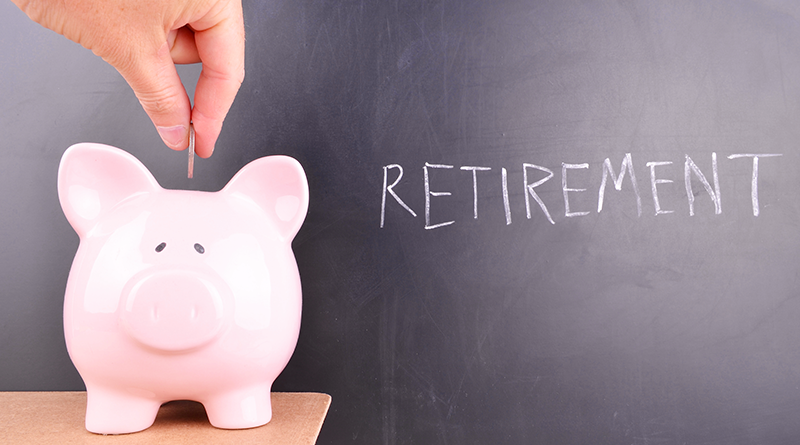12 Tips for a Successful Retirement
Three experts weigh in on what you should do before you retire
By Deborah Jeanne Sergeant

Sonnet Loftus, certified financial planner professional with Michael, Roberts Associates, Inc. in East Syracuse.
1. Take an active role in the retirement planning process. “You work hard for every dollar you earn and you should know where it goes and why. Talk to your adviser, see if you are on track and see if there is anything that needs to be addressed that has not already been considered. The goal should be to live comfortably in retirement; while entirely possible, it does take work to get there.”
2. Know and exercise your investment risk tolerance. “No matter what age, investment portfolios should match risk tolerance. With advances in medicine, people are living longer and retiring later. An investor in their early 50s may still have at least 15 years of saving and investing before they start thinking about distributions. Retirements can last well over 30 years. This has caused us to change how we think and plan for retirement. In this low interest rate environment, I believe it is important for investors to keep some growth on the table in order to continue to grow their assets.
3. Get out of debt. “It is important to really focus on paying down debt while one is still receiving a salary. Look at any outstanding, high-interest credit card debt and put a plan in place to aggressively pay it down — especially if there are sufficient funds in low interest savings vehicles. While paying a mortgage in retirement is not ideal for most people — financially and psychologically — mortgage rates are at historic lows and the interest paid can be a tax deduction.
4. Know your retirement budget. “We all have different cash flow needs depending on our living expenses and spending habits. The first thing one will need to do is decide what percentage of what they spend today they plan on spending in retirement. Is it 75 percent? Is it 80 percent? Something else? From there, we have to make some assumptions regarding inflation rate and life expectancy. A present value of a future sum calculation will tell us how much money is needed to maintain anticipated annual distributions. Take the sum of any investment and retirement account balances, factor in social security estimates and any pension estimates and one can see how well they have prepared.”
Mary Ann Pierce, financial adviser, chartered life underwriter. Marathon Financial Advisors, Inc., East Syracuse.

5 “Review your current cash flow (money in/money out). How much does it cost to run your household? How much do you anticipate needing to spend in retirement?
6. “Identify sources of recurring income such as Social Security, pensions or annuities. Will this meet your anticipated cash flow needs? If not, what can you do now to change your future situation? For example, you may have a plan to pay off debt or to save more in your retirement and investment plans.
7. “Have a discussion about your ideal lifestyle in retirement. Many people have not considered this. Where do you plan to live, what activities will you participate in, do you wish to travel? What will this cost, and is it within your anticipated budget?
8. “People often underestimate the cost of health care in retirement. It is important to include this in any discussion about retirement.
9. “Many people have not addressed the possibility of a long-term health care expense, whether in a facility/nursing home or in-home. It is important to keep this in mind not only when talking about retirement income and spending, but also as part of a comprehensive estate plan.”
Randy Zeigler, certified financial planner and financial adviser with Ameriprise in Oswego.

10. Prioritize retirement savings. “Plan wisely for how to manage your college student children’s expenses and student loan obligations, so as not to carry a large pile of education debt into the early retirement period.
11. Think about where you’ll live. “Decide how much mortgage debt should be carried into retirement or if the parties wish to have it all paid off prior to retiring.”
12. Save more than you think you’ll need. “In general, I think too many people retire early these days and do not adequately plan for how they will support their retirement lifestyle, especially with quickly rising health care costs as many employers no longer provide free or even low-cost major medical insurance for retirees. They should they live many years into retirement. Current longevity estimates suggest that many people will need to support themselves for 20 or 30 years in retirement and that will necessitate a large capital base for most, unless they have a large monthly pension benefit to fall back on. Pre-retirement years are often the time when children are grown and independent and then there is enough free cash flow to maximize retirement savings efforts. I definitely encourage my clients to save and invest as aggressively as they can afford in order to build their retirement capital base.”

